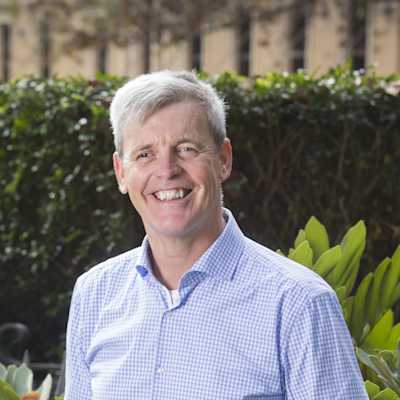Winners of the 2022 Timber Design Awards announced
12 December 2022
David Rowlinson
The winners of the 2022 Timber Design Awards were announced at a gala dinner at the Crown Sydney Pearl Ballroom on Thursday 8 December.
The overall winner was the Waterfront Tavern in Shell Cove, NSW, designed by H & E Architecture.
Given its waterside position and direct openness to occasional extreme weather conditions it would have been understandable to approach this design with a material selection devoid of timbers. But such a move would also contradict the central premise of the Waterfront Tavern, which was based on the appeal of timber boat houses and their historic maritime construction.
Ultimately, there’s an immediate warmth such timber use brings, which was important given the Waterfront Tavern must also work as a community anchor to the newly formed residential development. Such warmth carries to the interior, where the design was predicated on the maximisation of views and a need to create a natural, albeit robust, design that is fit for purpose.
The form of the building consists of four pavilions of differing length, resulting in a building that partly cantilevers over the public boardwalk and water below. This led to a significant yet pragmatic use of timber throughout, with large, elevated sections of full length pine, with American white oak used at ground floor level and where patrons directly interact with the material.
From the material selection, architectural form, creative and operable features and fine craftsmanship this project is an exceptional celebration of what is possible with timber design. The project is sure to be cherished by its local community. As the winner of the 2022 Timber Design Awards it will undoubtedly inspire others to push the creative design limits of designing buildings with timber.
The winner of the Sustainability Category, sponsored by Make It Wood, was the German International School at Terrey Hills in Sydney, designed by Betti & Knut Architecture.
A key design challenge was to rethink the established Australian ‘demountable’, which features throughout most schools in Australia, with the goal to build sustainably at a cost and timeframe equivalent to traditional portable classrooms and attain the International Passivehouse Standard using timber as the primary construction material.
The resulting design concept is ‘s.e.ed.’, a prototype for a new s-ustainable e-nvironmental ed-ucation space and the antidote to traditional demountables.
Each mass timber classroom was preassembled off site, craned into place in 5 modules and installed in less than 90 minutes per building.
The classrooms were designed and constructed to the International Passivehouse Standard, so the classrooms provide filtered, clean air and thermal comfort year-round, whilst reducing heating and cooling demands by 90 per cent.
The air is supplied within the Passivehouse envelope through Heat Recovery Ventilation units which maintain a constantly comfortable room temperature of between 20-25 degrees.
The use of timber internally and externally connects the buildings to the surrounding bushland setting, providing a calm natural interior that supports a positive learning environment for the students.
Understanding Australia's schools’ immense need for demountables in the near future, using this amazing concept would not only have a positive environmental impact overall, but also educate students about sustainable building by providing first-hand experience of the thermal comfort in these classrooms. It’s a fantastic example of what can be achieved cost-effectively.
Image - Waterfront Tavern
Design: H & E Architects
Photography: Murray Fredericks

David Rowlinson
David hails from Lancashire, England and has lived in Australia since 1994. He studied Architecture at Sheffield University and also has an MBA from Macquarie University and a Master of Marketing from UNSW. Prior to joining Planet Ark in 2016 David was Marketing Manager then CEO of a major Sydney-based manufacturer of modular carpets used in all commercial building applications. His proudest achievement was the development of an industry-leading environmental sustainability agenda, including the unique Earthplus product reuse program.